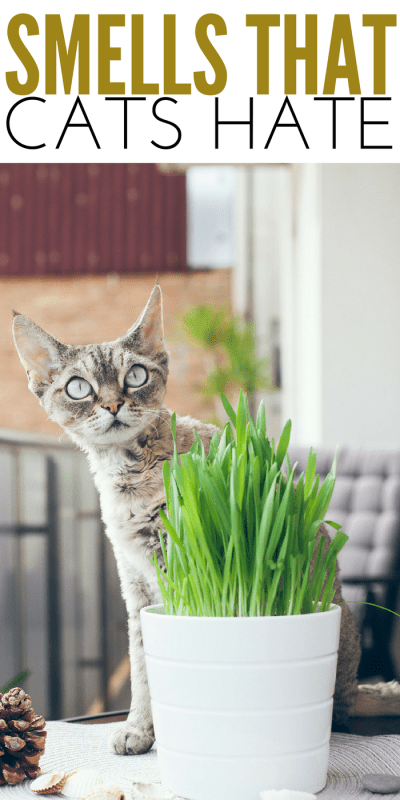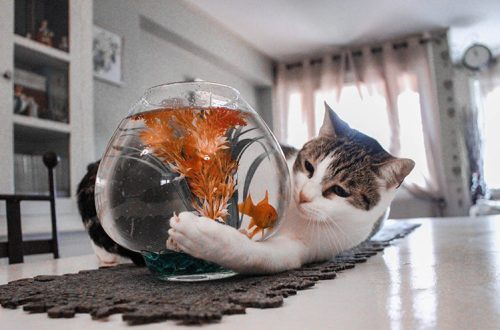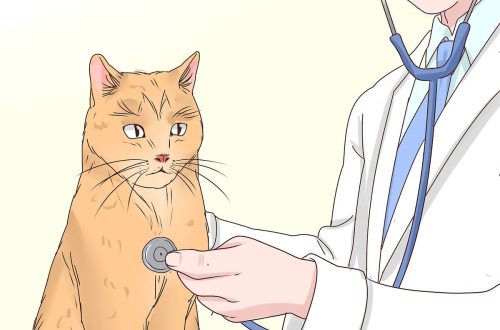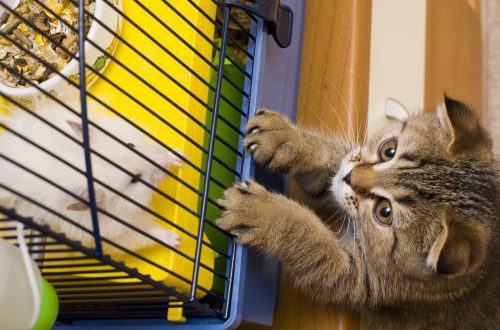
Које мирисе мачке не воле и не воле?
If a cat behaves destructively, some owners think about how to wean their pet from such actions. What scents can help?
The desire to scare away is associated with the fact that the cat is trying to climb into dangerous places for her or goes to the toilet in the wrong place. At the same time, fluffy creatures do not like a sufficiently large number of odors, and preparations based on them can be effectively used to scare away.
Садржај
How does a cat’s sense of smell work?
In nature, cats use their sense of smell for hunting, as a means of recognizing territory, and for their own safety. With the help of the nose and vibrissae, felines can find prey, navigate in space, and recognize strangers.
Cats smell not only with their nose, but also with their mouth: there they have special palatine canals. That is, a fluffy pet can literally taste the smell. With the help of the sense of smell, the cat literally studies the world around him and can assess whether it is pleasant for her to be in a certain territory.
A cat’s sense of smell is much stronger than a human’s. The smell that the owner did not notice, his ward will perfectly feel.
Какав мирис мачке не воле?
There are a lot of unpleasant aromas for a cat, and not all of them are obvious.
Цитрус. Cats tolerate the smell of the pulp of tangerines and oranges quite well, but they cannot stand the aroma of the peel. Too caustic essential oils, which are contained in the zest, greatly irritate their sensitive sense of smell. To discourage your pet from the sofa, you can try to rub the upholstery with orange peel or drip a little essential oil. But it is necessary to ensure that the cat does not accidentally lick the oil – it can get poisoned.
Банане. Ironically, cats don’t like the smell of bananas. The peel of an overripe banana contains a substance that smells like acetone. Banana skins can be placed next to dangerous plants to keep your cat away from them.
Лук бели лук. Cats do not like the smell of garlic and onions, whether fresh or cooked. Additionally, these seasonings are poisonous for pets – if for some reason a cat still eats a piece of garlic, it may have digestive problems.
Spices, spices. Thyme, rosemary, or cloves contain pungent-smelling essential oils that cats cannot tolerate. In crushed form, all these spices strongly irritate the mucous membranes of the animal.
Horseradish, red pepper. These spices are too caustic even for humans.
Some plants. These include pine, eucalyptus, geranium and lavender. If they are grown on a windowsill, it can be assumed that the windowsill is safe.
What odors to avoid
Despite the fact that the owners have a need to wean the cat from hygiene procedures in the wrong places, some products are not recommended. These include:
- vinegar and acetone-based products: a cat can accidentally get poisoned or burn mucous membranes;
- chemicals for washing plumbing: they contain too many toxic substances;
- alcohol: strong alcohol smell irritates the mucous membranes of cats;
- spray deodorants: non-natural ingredients can adversely affect your pet’s health.
If you need to wean a cat from going to the toilet in the wrong place, you should use special products for this, which are sold in veterinary pharmacies. You can also limit the cat’s access to the room or try moving the tray to a more convenient place. If all else fails, it is best to seek the advice of a veterinarian. Perhaps the pet has health problems that the owner does not know about.
Погледајте такође:
- Како свој дом учинити безбедним за мачке
- Отровне и кућне биљке безбедне за мачке
- Мачке и празници: како заштитити своју мачку
- Мачка и ваши мали кућни љубимци





